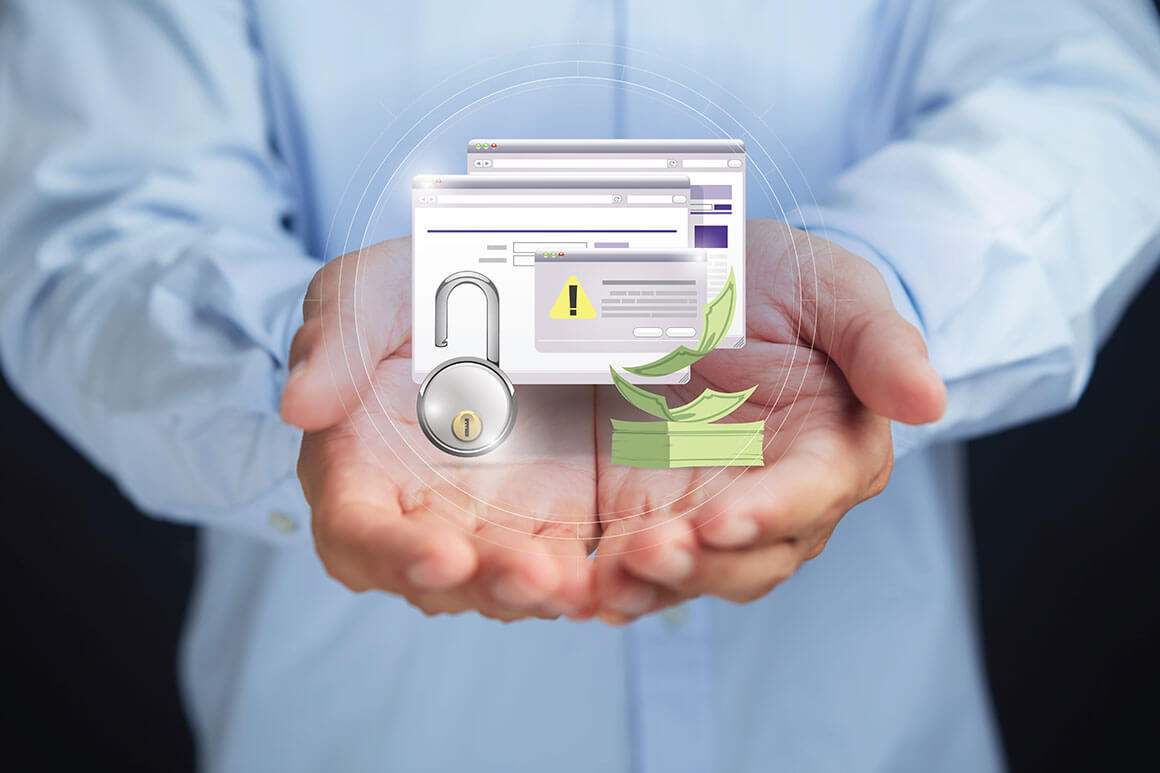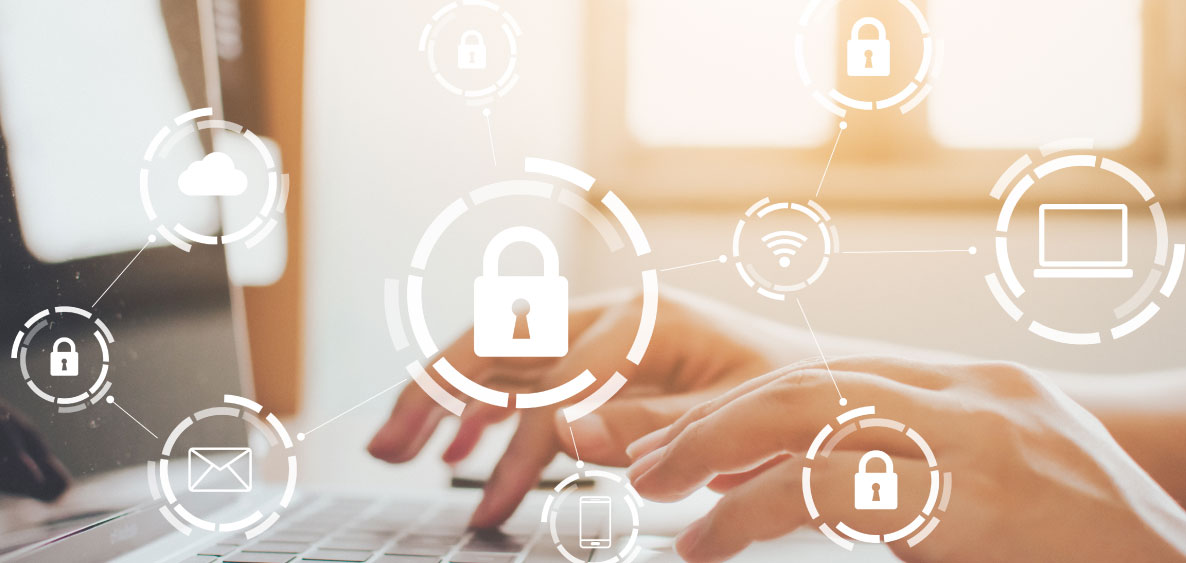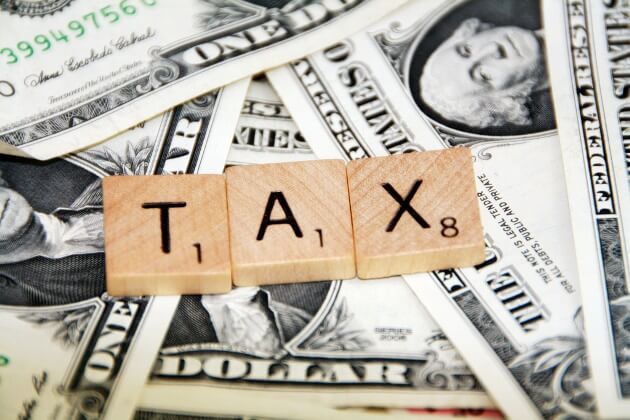
Financial well-being March 19, 2020 By
We are committed to your financial well-being, especially during times of uncertainty. Please be aware that scammers are trying to take advantage of fears surrounding the Coronavirus. The Federal Trade Commission has provided information about scams in several updates.
Ways scammers are reaching out:
- Setting up fake websites to sell bogus products
- Using fake emails, texts, social media posts and phone calls
Tactics scammers may be using:
- Promoting awareness and prevention tips
- Providing fake information about cases in your neighborhood
- Asking for donations for victims
- Offering advice on unproven treatments
- Sending malicious email attachments
- Using fear-based language designed to get you to react quickly, such as "List of new cases" or "Outbreak in your area"
How you can protect yourself and your family:
- Don't click on links from sources you don't know
- Make sure your anti-virus and anti-malware software is up to date
- Watch for emails claiming to be from the Centers of Disease Control and Prevention (CDC) or the World Health Organization (WHO). For the most updated information about the virsus, visit the CDC or WHO websites.
- Ignore online offers for vaccinations, cures, or treatments for the virus
- Do your homework when it comes to giving donations through charities or crowdfunding sites
- Be alert to scam 'investment opportunities'
- Never provide your personal information, credentials, or passwords
- Call the source to verify the request if you think it might be legitimate
We are here to help if you have questions. Please call your local community bank or 1-800-924-4427.




